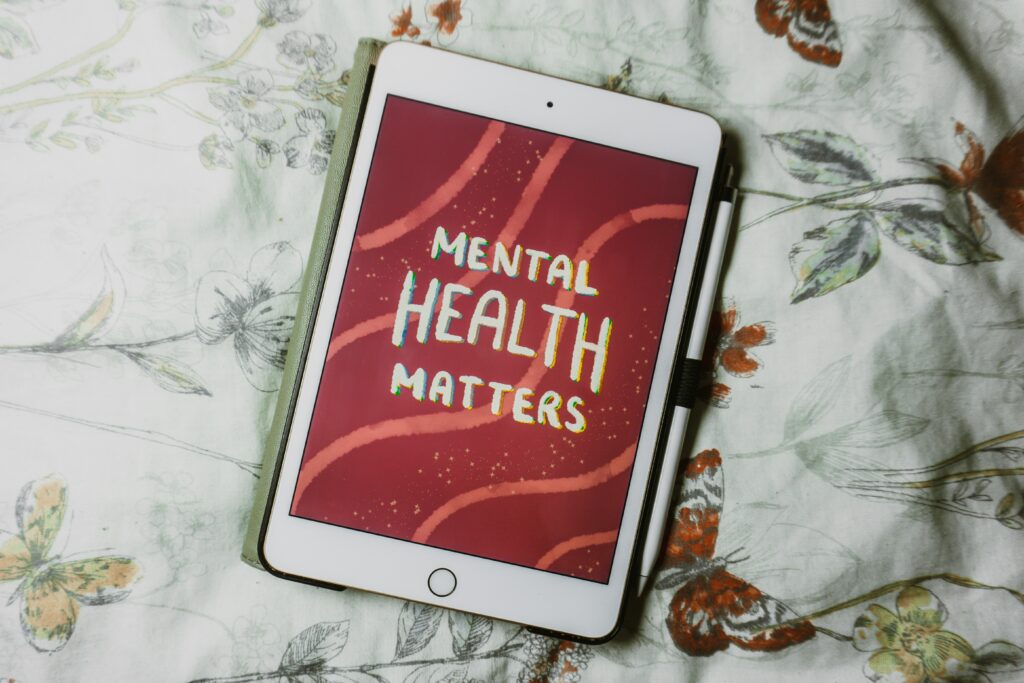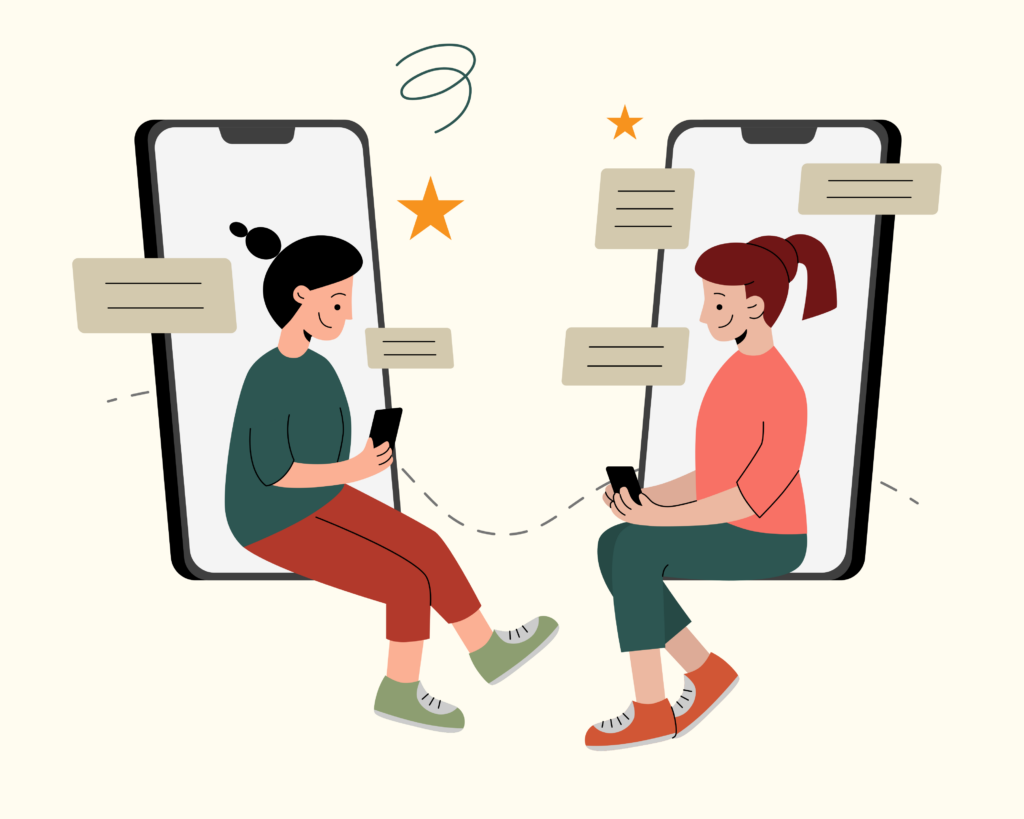Finding mental health support can feel overwhelming, especially when finances are a concern.
Fortunately, many organizations and resources offer free or low-cost services to help individuals navigate mental health challenges. Here are 10 practical ways to find free community mental health support. Please take one minute to make sure you have this information. It could really help you in the future.

1. Start with Local Health Departments
Your city or county health department often has programs or partnerships that provide free mental health services. Check their website or call their office to learn about available resources, such as counseling services, crisis intervention, or workshops.

2. Contact Local Nonprofits
Nonprofit organizations often offer free mental health support or connect you to other resources. Groups like the National Alliance on Mental Illness (NAMI) provide free educational programs, support groups, and connections to services in your area. Visit nami.org for more information.

3. Use Federally Funded Health Clinics
The Health Resources and Services Administration (HRSA) funds health centers nationwide that offer affordable or free mental health care based on income. Search for clinics near you at findahealthcenter.hrsa.gov. It’s also available in Spanish.

4. Call 211 for Assistance
Dialing 211 connects you to United Way’s free helpline, which can provide information on local mental health services, crisis intervention resources, and more. The service is available 24/7 in most areas.

5. Search Online Directories
Websites like MentalHealth.gov and Psychology Today allow you to search for free or low-cost mental health providers in your area. Use filters to find sliding-scale or pro-bono services.

6. Explore Crisis Hotlines and Text Lines
Crisis hotlines provide immediate support and can guide you to local resources. Some key options include:
- Suicide & Crisis Lifeline: Dial 988 or visit 988lifeline.org.
- Crisis Text Line: Text HOME to 741741 for 24/7 support.
- Veterans Crisis Line: Dial 988 and press 1 or text 838255.

It takes 15 seconds to save these numbers in your phone. Do it… just in case. And hey, even if you don’t need it, it’s good to have it on hand immediately, for others who may need it themselves.
7. Visit Universities or Training Clinics
Universities with psychology, counseling, or social work programs often run training clinics where supervised students provide free or low-cost therapy. Contact local colleges or universities to inquire about their mental health services.

8. Join Peer Support Groups
Peer-led groups offer a supportive environment to share experiences and learn coping strategies. Organizations like Mental Health America (mhanational.org) and DBSA (Depression and Bipolar Support Alliance) host free groups both online and in-person.

10. Online Therapy Platforms with Free Options
Some online therapy platforms provide free resources, including chat support or group sessions. For example, BetterHelp and Talkspace occasionally offer free trials or discounted services. Additionally, free apps like MindShift and What’s Up? provide self-guided mental health tools.

Take the First Step
Finding the right mental health support may take time, but these resources can help you get started without financial strain. Don’t hesitate to reach out, ask questions, and explore the many options available. Mental health care is a right, not a luxury.
Lastly, if your mental health journey is well underway, don’t forget about self-care, which is about a lot more than just pampering yourself. Check out these Self-Care tips in my guide below.
The Truth About Self-Care: A Guide to Putting Yourself First

You got this, and you’re not alone.

Leave a Reply